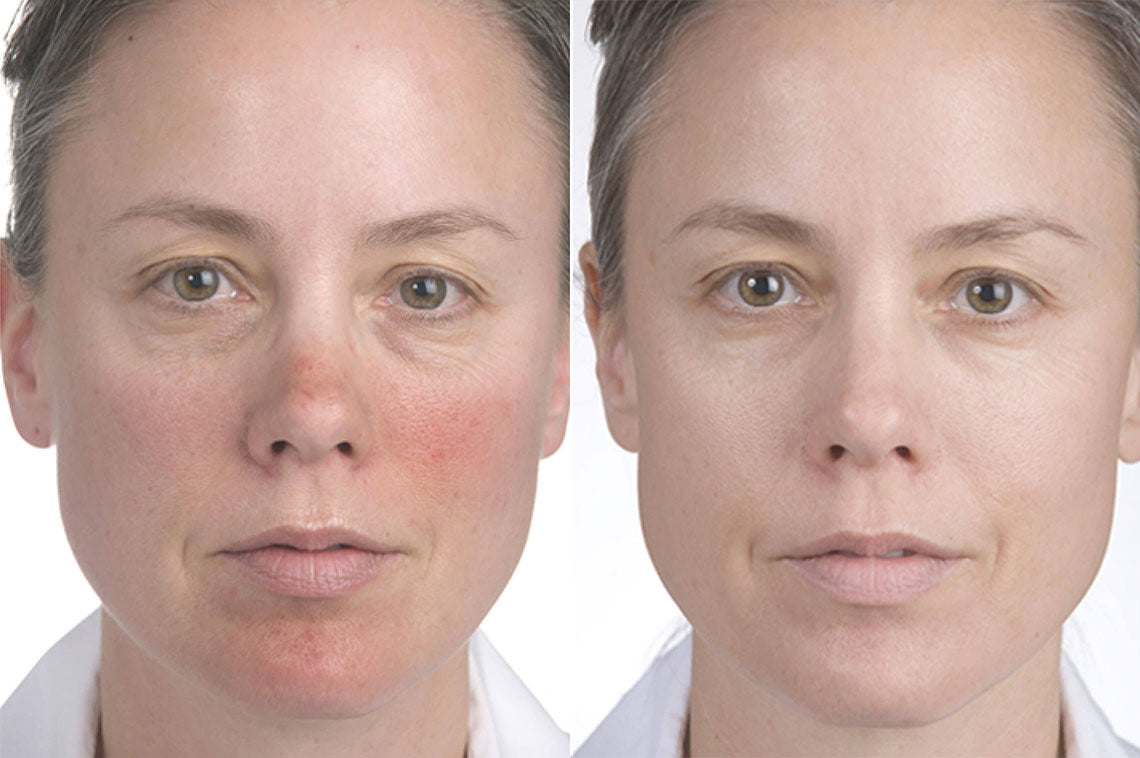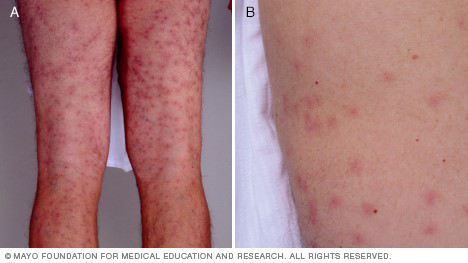
For example, if you’re breastfeeding or if you’re going through menopause, you might have lower-than-usual levels of estrogen, which can have a cascade of bodily effects including itching. Hormonal fluctuations can have potent effects, including relentlessly itchy skin, says Dr.

If you’ve tried OTC anti-itch remedies (read: moisturizing, antihistamines, the likes) and you still can’t find relief, head to the doc for proper ID and treatment (sometimes, antidepressants can help). If you’re super stressed out, depressed, or anxious, a chemical stream of serotonin and norepinephrine could be triggering your itch, especially if there’s no rash, says Dr. The reason for your itch isn’t always on the surface of your skin.
#Itching after ripit skin#
If you’re noticing itchy skin as a potential side effect of a medication, talk to your doctor-adjusting your dose, checking for medication interactions, or trying anti-itch meds can help, says Dr. If you just had your wisdom teeth out and were prescribed an opioid or you’re on meds for high blood pressure, the pills you’re taking could be to blame for your incessant itch. You recently started new meds or upped your dose. Chronic itchy skin and hives could be a sign of a more serious issue, like infections or illnesses.

If you can’t stop scratching, head to the derm. If you’re only mildly itchy, ID your trigger, cut contact, and take an antihistamine like Allegra or Zyrtec which quiets your body’s itch-inducing histamine response, says Dr.

If you bought ultra-fragrant fabric softener, swam too close to baby jellies, or just recently developed an allergy (yep, that happens), itching can crop up-it is a common response to allergens.


 0 kommentar(er)
0 kommentar(er)
